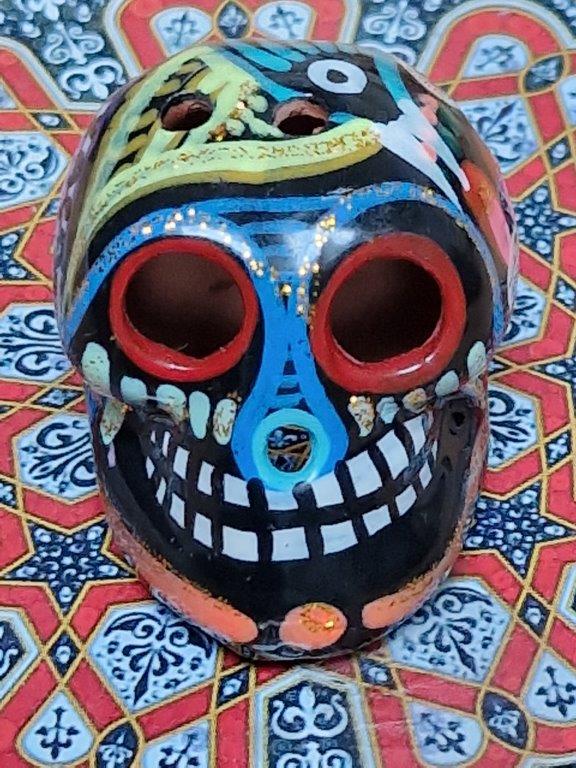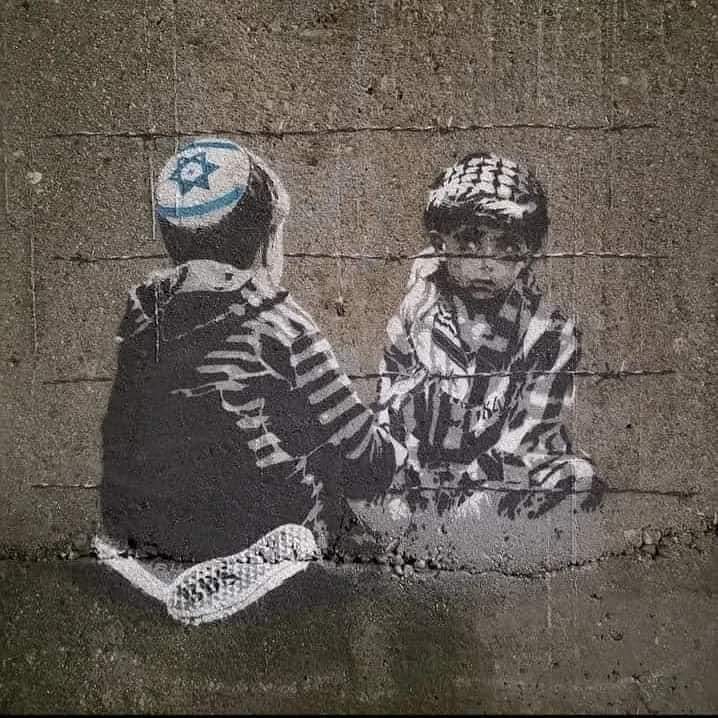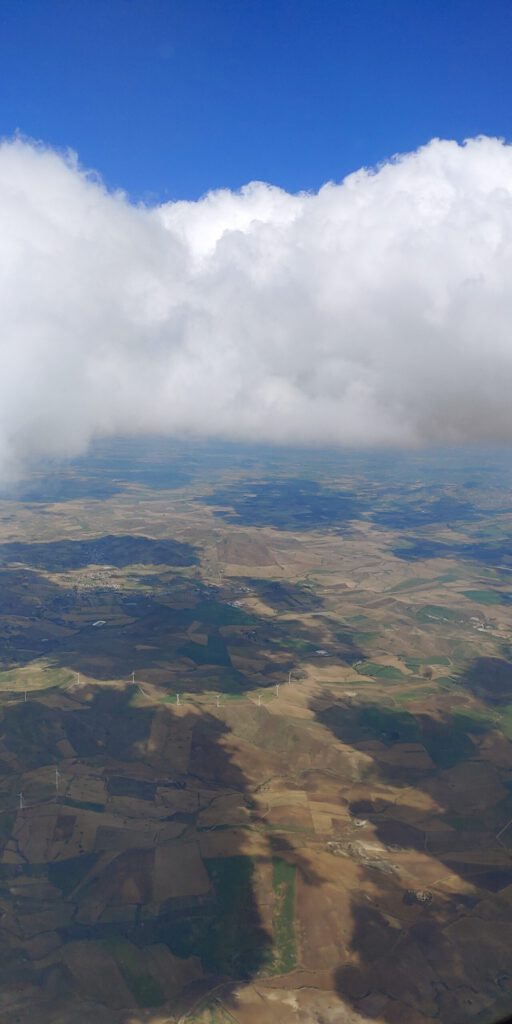Samhain

My father’s death and, in particular, how he handled the experience, has also shown itself to be a great gift. By leaving this incarnation in a conscious state of humility, faith, and gratitude, he demonstrated how best we can embrace the ultimate human challenge. Almost half a century later, I still find myself unwrapping further layers of this precious gift…
Outrage

Trauma is not what happened to us but rather how we reacted to what we experienced. This often takes the form of belief systems and behaviours formed initially to ensure our survival in circumstances we experienced as existentially threatening. In the long term, these may prove to be counter productive for our growth and development…
Nostalgia

With the help of loved-ones, mentors, and wise teachers, I learned to see through this illusion and to differentiate between pain and suffering, no easy task for one who grew up in a kind of hieroglyphics world, where real things or emotions were never said or done or even thought, but only ever expressed by proxy. Slammed doors and the rolling of eyes count among the more obvious clues…
Old Ideas

There is a neurological explanation for this phenomenon. Neural pathways develop over time in line with our experience and corresponding behaviours. They become etched into our brains, offering themselves as the default, `the only way´. Like the diagonal paths that traverse the lawns of poorly designed public parks, our past behaviour dictates how information flows and is processed in our brains…
Inner Guidance

What else would you do with a child who was clearly overwhelmed?´ I asked myself. Empathise, – put myself in his shoes. The origin of the term despondency points to some solemn promise having been broken, – the promise perhaps of protection, nurturing, and trust. I would act in a manner that seeks to protect, provides nurturing, and aims to rebuild trust. That means being fully present, free of judgement…

